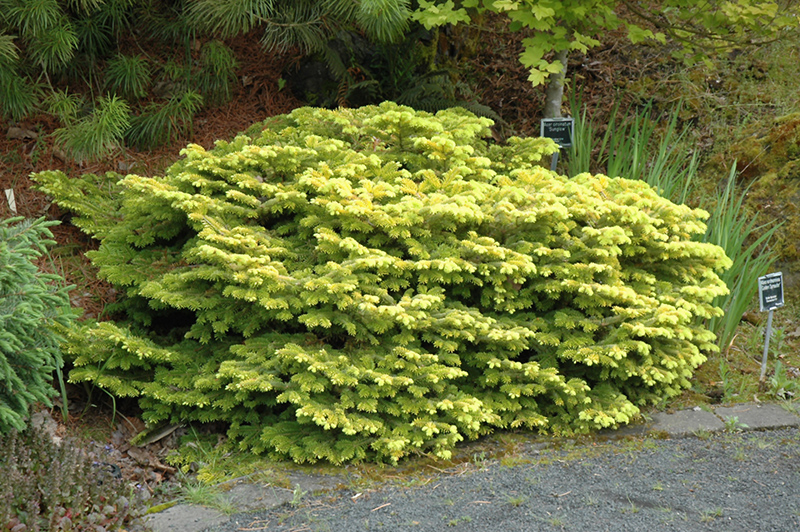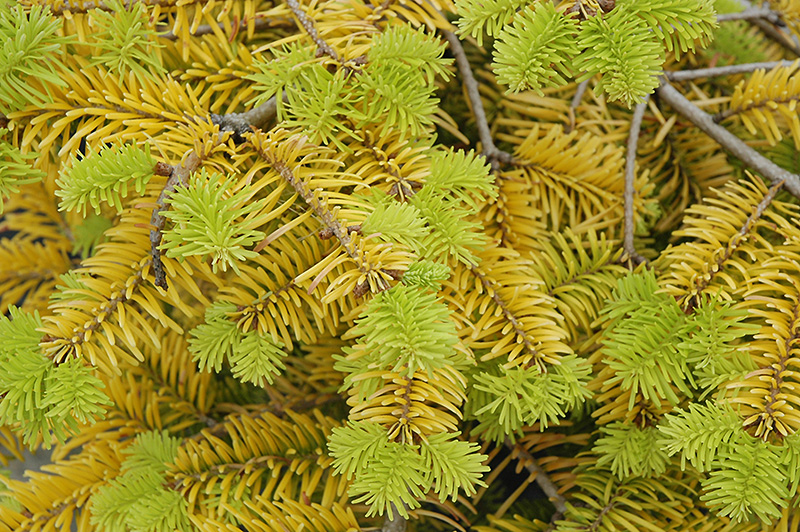Golden Spreader Nordmann Fir
Abies nordmanniana 'Golden Spreader'
Height: 4 feet
Spread: 4 feet
Sunlight:
![]()
![]()
Hardiness Zone: 4
Other Names: Caucasian Fir
Description:
An incredible sight greets the eyes; foliage emerges a brilliant gold, almost a glowing orange and fades to yellow, on a compact garden accent shrub; will draw attention from a distance, use judiciously
Ornamental Features
Golden Spreader Nordmann Fir is a dwarf conifer which is primarily valued in the landscape or garden for its interestingly mounded form. It has attractive yellow evergreen foliage which emerges gold in spring. The needles are highly ornamental and remain yellow throughout the winter.
Landscape Attributes
Golden Spreader Nordmann Fir is a dense multi-stemmed evergreen shrub with a mounded form. Its relatively fine texture sets it apart from other landscape plants with less refined foliage.
This is a relatively low maintenance shrub, and should not require much pruning, except when necessary, such as to remove dieback. It has no significant negative characteristics.
Golden Spreader Nordmann Fir is recommended for the following landscape applications;
- Mass Planting
- General Garden Use
Planting & Growing
Golden Spreader Nordmann Fir will grow to be about 4 feet tall at maturity, with a spread of 4 feet. It tends to fill out right to the ground and therefore doesn't necessarily require facer plants in front. It grows at a slow rate, and under ideal conditions can be expected to live for 80 years or more.
This shrub does best in full sun to partial shade. It prefers to grow in moist to wet soil, and will even tolerate some standing water. It may require supplemental watering during periods of drought or extended heat. It is not particular as to soil pH, but grows best in sandy soils. It is quite intolerant of urban pollution, therefore inner city or urban streetside plantings are best avoided, and will benefit from being planted in a relatively sheltered location. Consider applying a thick mulch around the root zone in both summer and winter to conserve soil moisture and protect it in exposed locations or colder microclimates. This is a selected variety of a species not originally from North America.


